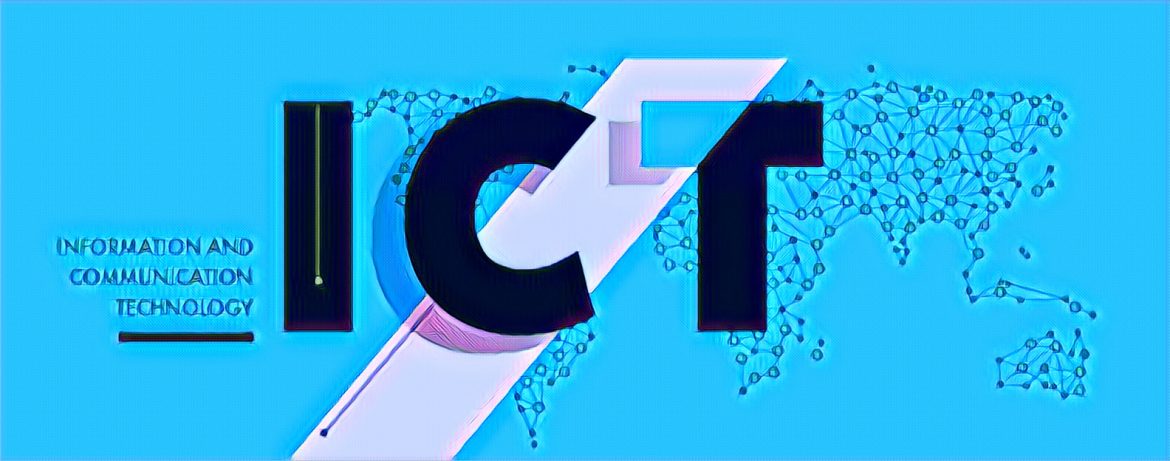Nigeria, Africa’s most populous nation and largest economy is experiencing a slowdown in its information and communication technology (ICT) sector, which has been a key driver of its economic growth for more than five years.
According to the latest report from the National Bureau of Statistics (NBS), the ICT sector grew by 6.69 percent year-on-year in the third quarter of 2023, the lowest rate in five years. The sector contributed 15.97 percent to the gross domestic product (GDP) in the same period, up from 15.35 percent in 2022.
The report attributes the slowdown to lower capital expenditure (CAPEX) by major telecommunication players, rising inflation, and weak consumer spending. Nigeria’s inflation rate rose to 27.33 percent in October 2023, the highest in 18 years, mainly driven by food prices. The removal of the fuel subsidy by President Bola Tinubu in September 2023 also led to a surge in fuel prices, tripling the petrol price from N184 to N617. This resulted in increased transportation costs and reduced disposable income for many Nigerians.
The telecommunications sub-sector, which accounts for a large share of the ICT sector, has faced challenges in meeting the growing demand for reliable and high-speed internet connectivity. Issues such as network congestion, service disruptions, and lack of adequate broadband infrastructure have hindered the sector’s performance. The number of active subscribers in the country declined by 1.4 percent in September 2023, according to the Nigerian Communications Commission (NCC).
Analysts and industry stakeholders have called for a comprehensive review of existing policies and incentives for private sector participation in the ICT sector. They have also urged the government to invest more in digital infrastructure and skills development to boost the sector’s growth and competitiveness.
The ICT sector is vital for Nigeria’s economic diversification and digital transformation, especially in the wake of the COVID-19 pandemic, which has accelerated the adoption of digital technologies and services across various sectors. The sector has the potential to create more jobs, increase productivity, and enhance innovation in the country.
Despite the current challenges, the ICT sector remains resilient and optimistic about its future prospects. The sector is expected to benefit from the implementation of the National Digital Economy Policy and Strategy (NDEPS), which aims to leverage digital technologies for sustainable development. The sector is also poised to tap into the opportunities offered by the African Continental Free Trade Area (AfCFTA), which will create a single market for goods and services across the continent.
The ICT sector is not only a key contributor to Nigeria’s economy, but also a catalyst for social and economic inclusion. The sector has enabled millions of Nigerians to access information, education, health, finance, and other essential services. The sector has also empowered many entrepreneurs, innovators, and creatives to showcase their talents and solutions to the world. The sector has shown its resilience and adaptability in the face of adversity, and will continue to do so in the years to come.
Source: Business Day


